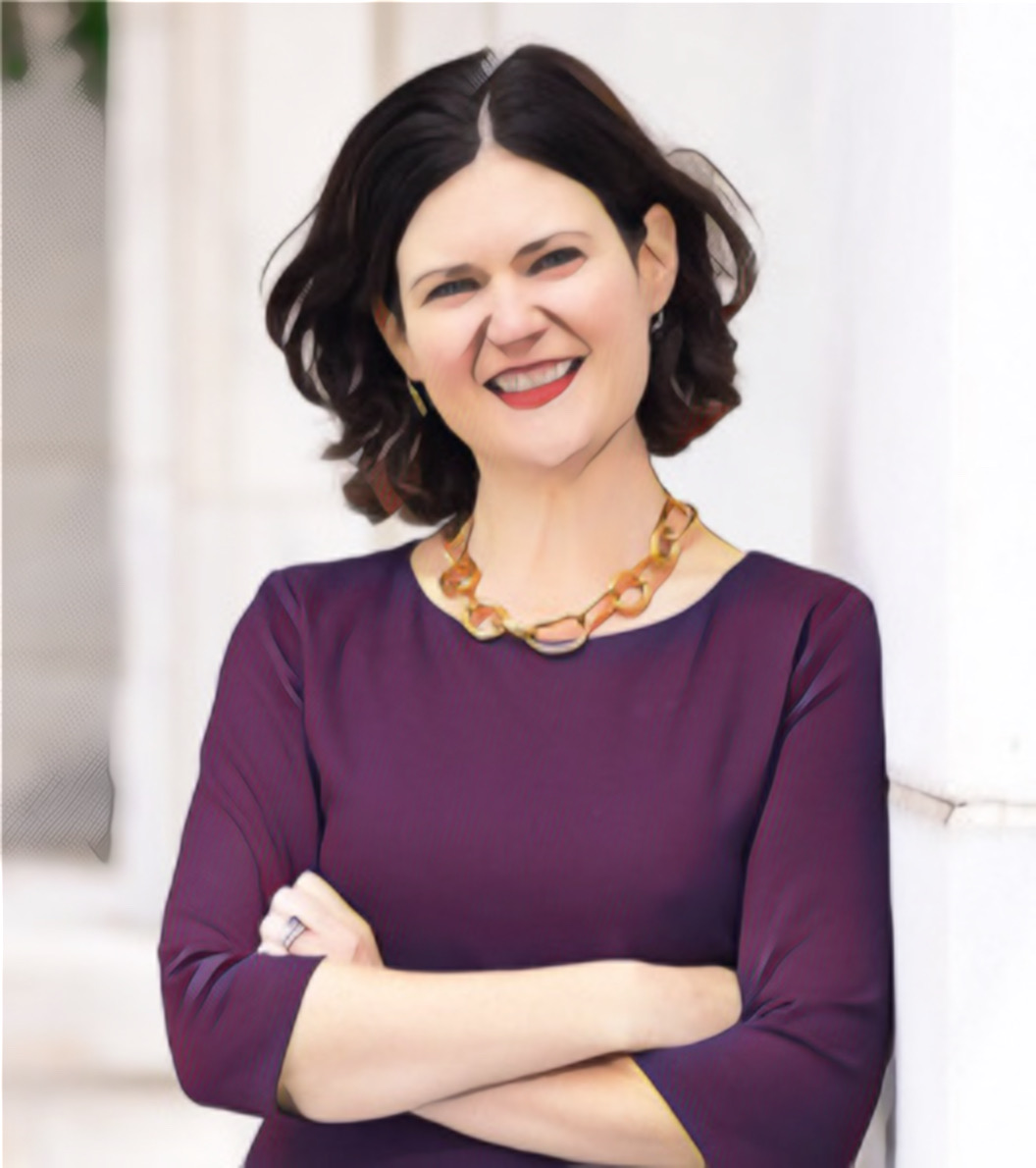A court filing invites partisanship into houses of worship
In this moment when the institutions of pluralistic democracy and our freedoms are under attack, we need more involvement from a civic society that is not co-opted by partisanship and money in politics.

Readers of this magazine and supporters of BJC will know that we have faced many challenges to religious freedom — and to pluralistic democracy more broadly — this year. But, after months of troubling executive orders, acts of Congress, bills in state legislatures and court decisions, the latest challenge in early July came from an unlikely source: a filing in a federal district court in East Texas. Its target? The part of the tax code commonly known as the “Johnson Amendment.”
The Johnson Amendment provides that all 501(c)(3) organizations may not “participate in, or intervene in … any political campaign on behalf of (or in opposition to) any candidate for public office” without risking their tax-exempt status.
On July 7, we saw a novel interpretation of the Johnson Amendment that is at odds with the official guidance from the IRS, not to mention the longtime understanding of it. The parties in this litigation — which include the commissioner of the Internal Revenue Service, the National Religious Broadcasters and a couple of churches — filed a joint motion claiming that “[w]hen a house of worship in good faith speaks to its congregation, through its customary channels of communication on matters of faith in connection with religious services, concerning electoral politics viewed through the lens of faith” it does not violate the law. Rather, they argue, these communications should be viewed as “a family discussion concerning candidates.”
As I write this column, it is not certain that the judge will grant this joint motion. But if he does, the law will become even murkier than it is today. The parties are bypassing all the normal avenues for making law, such as amending the law by filing and passing a bill in Congress or by engaging in the usual rulemaking and guidance process at the IRS. Therefore, any reinterpretation of the law put forward here applies only to the parties in this case and not more broadly. (Read more in this article about the illusion of choice.)
It is unsurprising that those who would want to invite partisan politicking into houses of worship are not going to Congress to make that happen. When they tried that in 2017, their efforts failed given how deeply unpopular the proposal is. BJC helped organize opposition to the proposed change in the law from the faith community, raising the concerns we heard from many about how partisan campaigning would cause deep divisions and distraction from mission in diverse communities all across the country. This time, we are again raising our voice about the dangers of the proposed change, including by joining nearly 2,000 nonprofit organizations from across the country that have come together to defend the Johnson Amendment.
Though the litigants in the court case couch the issue in terms of speech and conversation, this issue is really about money in politics. In 2017, the nonpartisan Joint Committee on Taxation scored what the impact of a change in the law would be. They estimated that billions of dollars in campaign contributions would begin to flow through the nonprofit community, causing enormous changes in both campaign finance and in the integrity of charities — including houses of worship.
Those that claim that communications in churches are just “family conversations” that happen in person without further repercussions must have not been paying attention to religious life lately. For decades, houses of worship of all sizes have used technology to broadcast their messages to greater audiences. That tendency only increased during and since the COVID-19 pandemic. Many — if not most — churches livestream their services, posting the recordings on their websites and social media for viewing later. Knowing that endorsements on behalf of candidates in partisan races, up and down the ballot and in primary and general elections, could be broadcast in these ways invites candidates, parties and their supporters to target houses of worship for their endorsements.
The 501(c)(3) organizations, including houses of worship, that want to get involved in partisan races are the exceptions and not the general rule. Most nonprofits regularly fulfill their missions while participating in nonpartisan ways in civic life. All 501(c)(3) organizations can encourage voting, improve voter education, speak out regarding moral issues of concern and call for strong leadership from elected leaders — all while avoiding partisan engagement in candidate elections.
BJC will continue to advocate for nonpartisanship for nonprofits. Your donation helps fuel this important work. You can give online at BJConline.org/give. In this moment when the institutions of pluralistic democracy and our freedoms are under attack, we need more involvement from a civic society that is not co-opted by partisanship and money in politics.
Amanda Tyler is executive director of BJC.
This article originally appeared in the summer/fall 2025 edition of Report from the Capital. You can view it as a PDF or read a digital flip-through edition.




